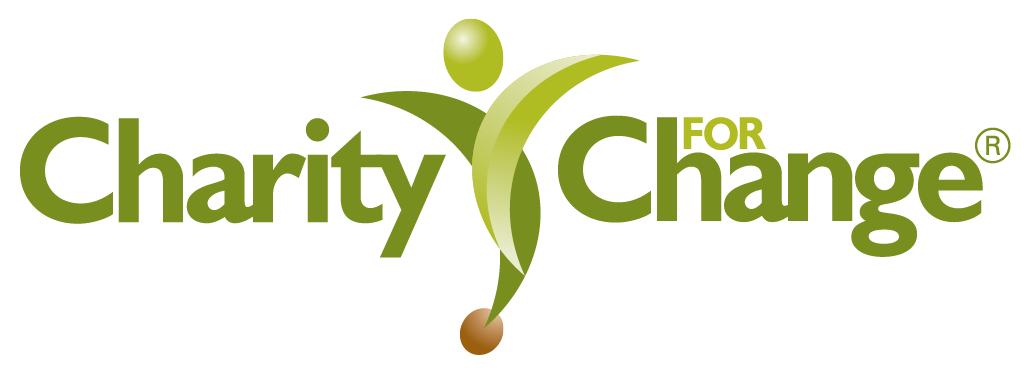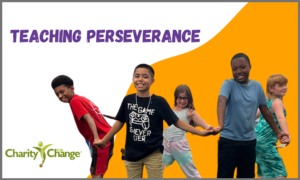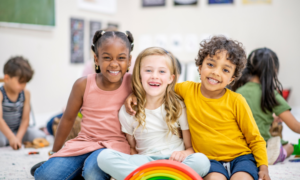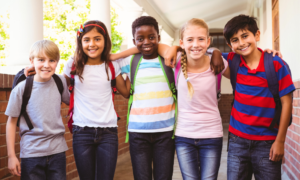Not entirely a new educational concept, civic learning is being promoted again considering lessons learned during the pandemic. Importantly, it is the part of Social-Emotional Learning (SEL) that helps connect people to their communities.
Twenty-six years ago, Collaborative for Academic, Social, and Emotional Learning (CASEL) introduced the term “social and emotional learning.” In 2020, CASEL updated its definition and framework to reflect the importance of civic learning to create caring and just schools and communities.
Consequently, SEL is the process through which children can:
- Understand and manage emotions
- Set and achieve positive goals
- Feel and show empathy
- Establish and maintain positive relationships
- Make responsible decisions
The CASEL framework includes five core social and emotional competencies: self-awareness, self-management, social awareness, relationship skills and responsible decision-making. Subsequently, the updates to the framework address civic learning with a focus on personal and social identities, cultural competency and collective action.
What is Civic Learning?
Civic learning helps students understand the world around them. As a result, it helps to develop a sense of purpose by working together to care for the community.
PACE (Philanthropy for Active Civic Engagement) defines it as teaching young people what it means to play an active role in democracy. In addition, it builds the skills to make that happen.
As a result, educational civic learning experiences can occur in classrooms or out of school. It can include service learning, civics lessons and leadership. The key is to give young people the skills to be able to participate and care for their community. As a result, experts believe that civic engagement leads to equity and opportunity for all.
Research shows distrust in government happens in places with few or no opportunities for youth to participate in their communities. For a community to thrive, people need opportunities to meet, discuss issues and address problems. Offering students civics courses about how the government works is not enough. Students need to be able to lead, communicate and solve problems to succeed in work and the community.
Similarly, Scientists Kathy Hirsh-Pasek and Roberta Golinkoff developed the 6 C’s they believe are needed to develop young people. The 6 C’s include collaboration, communication, content, critical thinking, creative innovation and confidence.
One component of civic learning is service learning. Vanderbilt University defines it as experiential education with action, reflection and community goals. Service learning has been around for years. Still, a service-learning requirement is only included in the educational standards for 11 states. Some examples of community service include:
- Volunteering at a Habitat for Humanity building site
- Distributing food for the homeless
- Tutoring younger students
Why is Civic Learning Important Now?
The pandemic reshaped education in so many ways. While much focus is centered on associated “learning losses” from remote learning, there have been some benefits. Students may have expanded their interests. They have navigated technology. Isolation resulted in skills to build and maintain connections as well as deepen relationships with family members. The pandemic caused many to consider their role in keeping their communities healthy.
As a result of the pandemic, the workforce has evolved to be more digital. While views of employment have changed, students may also change their thinking about their future.
It seems that, collectively, we are realizing how deeply impacted our children are by this world fraught with hatred, division, and negativity. Charity for Change’s curriculum incorporates civic and service learning with social-emotional learning, educating the whole student, beginning with the heart. We help children see that they can achieve their best by living with character and helping others in need, planting the seeds of humanity that will grow into a better future for us all.
UCLA has determined that civic learning can foster greater and more informed civic and political engagement. In addition, civic learning helps promote the skills needed for the 21st century workplace. These skills include critical thinking, collaboration, creativity, initiative and innovation. Civic learning helps people understand the connection between careers and civic life. Studies show that well-informed, active citizens can change the world and navigate and contribute to the changing economy.
The Role of Charity for Change
Charity for Change has been implementing its SEL program since 2008. The program teaches children to care about each other and the world around them.
Civic learning has been the focus of Charity for Change since the beginning. Students research and vote on one of our partner charities to learn about and support through the program. While solving educational problems and through activities, they earn dollars for the charities they support.
It is an academic program that includes math and literacy exercises that align with academic standards. Also, the program includes hands-on projects to encourage children to solve problems and work together for others in need. Peer-to-peer projects develop compassion and empathy.
The first character trait the children learn through the Charity for Change curriculum is citizenship. The citizenship curriculum includes mindfulness activities to help students start the day thinking about what it means to be a good citizen of their classroom, school, community and country.
Next, they reflect with their classmates on real-world situations and how the situations affect them. They also work together on projects for the charities they have selected to support by completing the curriculum.
One recent project taken on by Charity for Change participants was making sleeping mats for the homeless out of woven trash bags.
Charity representatives help students connect how their donations help others. Regardless of their own socioeconomic background, children become aware that they have the capacity to help others and contribute to the well-being of their communities.
If you are interested in learning more about or implementing Charity for Change’s evidence-based SEL program in your school or after-school program, click here.





